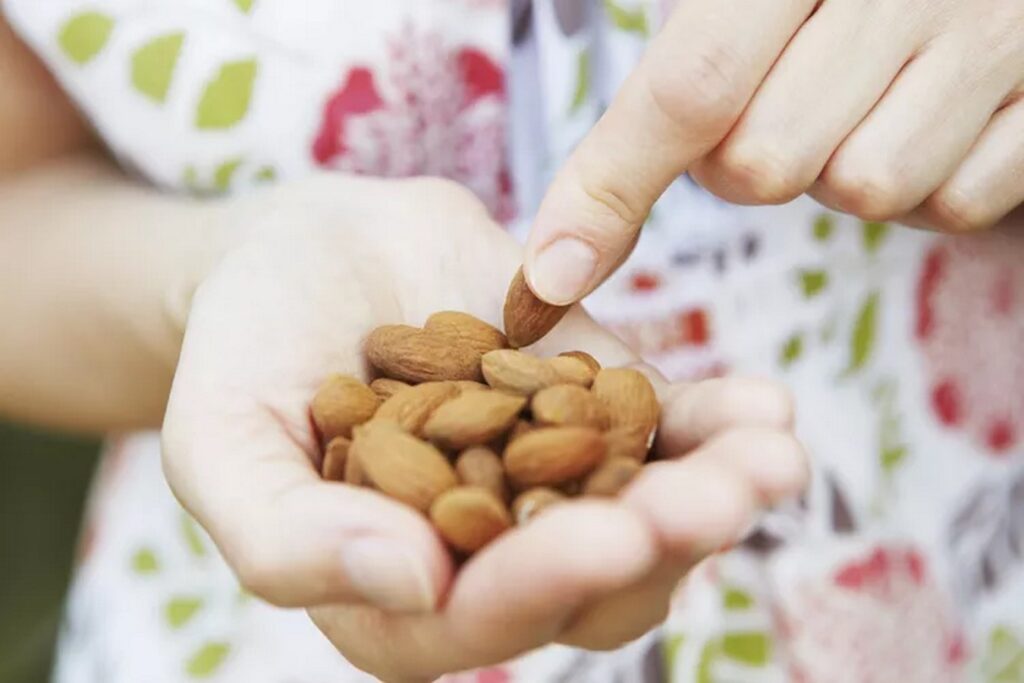In a world filled with culinary options, making sustainable food choices can feel like a daunting task. However, by incorporating a few simple swaps into your diet, you can contribute to a healthier planet without sacrificing flavor or nutrition. Here are seven easy food swaps that help both you and the planet:
Broccoli for Asparagus
While asparagus may be a gourmet favorite, opting for broccoli can significantly reduce water usage. Broccoli requires only 34 gallons of water per pound compared to the hefty 258 gallons needed for asparagus. Making this swap not only conserves water but also promotes sustainable eating habits.

Millet for Rice
Millet, hailed as the “new quinoa,” offers a nutritious alternative to rice with minimal water requirements. Unlike rice, which is a water-intensive crop, millet is drought-resistant and thrives in various climates. Incorporating millet into your diet not only diversifies your grain options but also supports water conservation efforts.
Pecans or Hazelnuts for Almonds
Almonds, known for their nutritional benefits, have a significant environmental footprint due to their extensive water needs. Swapping almonds for pecans or hazelnuts reduces water consumption while still providing essential nutrients. Supporting alternative nut crops grown in regions with ample rainfall promotes sustainability in food production.
Sunflower or Safflower Oil for Palm Oil
Opting for sunflower or safflower oil over palm oil helps mitigate the environmental impacts associated with palm oil production. Palm oil cultivation drives deforestation and threatens biodiversity in tropical regions. Choosing alternative cooking oils supports sustainable agriculture practices and protects fragile ecosystems.
Legumes for Meat (At Least) Once a Week
Reducing meat consumption and incorporating legumes into your diet can significantly lower carbon emissions and conserve resources. By replacing meat with legumes, even for one meal a week, individuals can contribute to mitigating climate change and promoting sustainable food systems.
Whole Wheat for White
Choosing whole-grain products over refined counterparts not only improves nutritional intake but also reduces resource consumption. Whole grains require less processing, leading to lower energy and water usage during production. Opting for whole wheat bread, pasta, and grains supports both personal health and environmental sustainability.
Local Berries for Goji and Acai berries
Supporting locally grown berries over exotic superfoods like goji and acai berries reduces the environmental impact of food transportation. Locally sourced berries, such as strawberries, raspberries, and blueberries, offer comparable nutritional benefits without the carbon footprint associated with long-distance imports. Embracing local produce promotes regional agriculture and minimizes greenhouse gas emissions.
By making these simple food swaps, you can contribute to a more sustainable food system while enjoying delicious and nutritious meals. Small changes in dietary choices can have a significant impact on both personal well-being and environmental conservation. Let’s eat consciously and tread lightly on the planet for a healthier future.